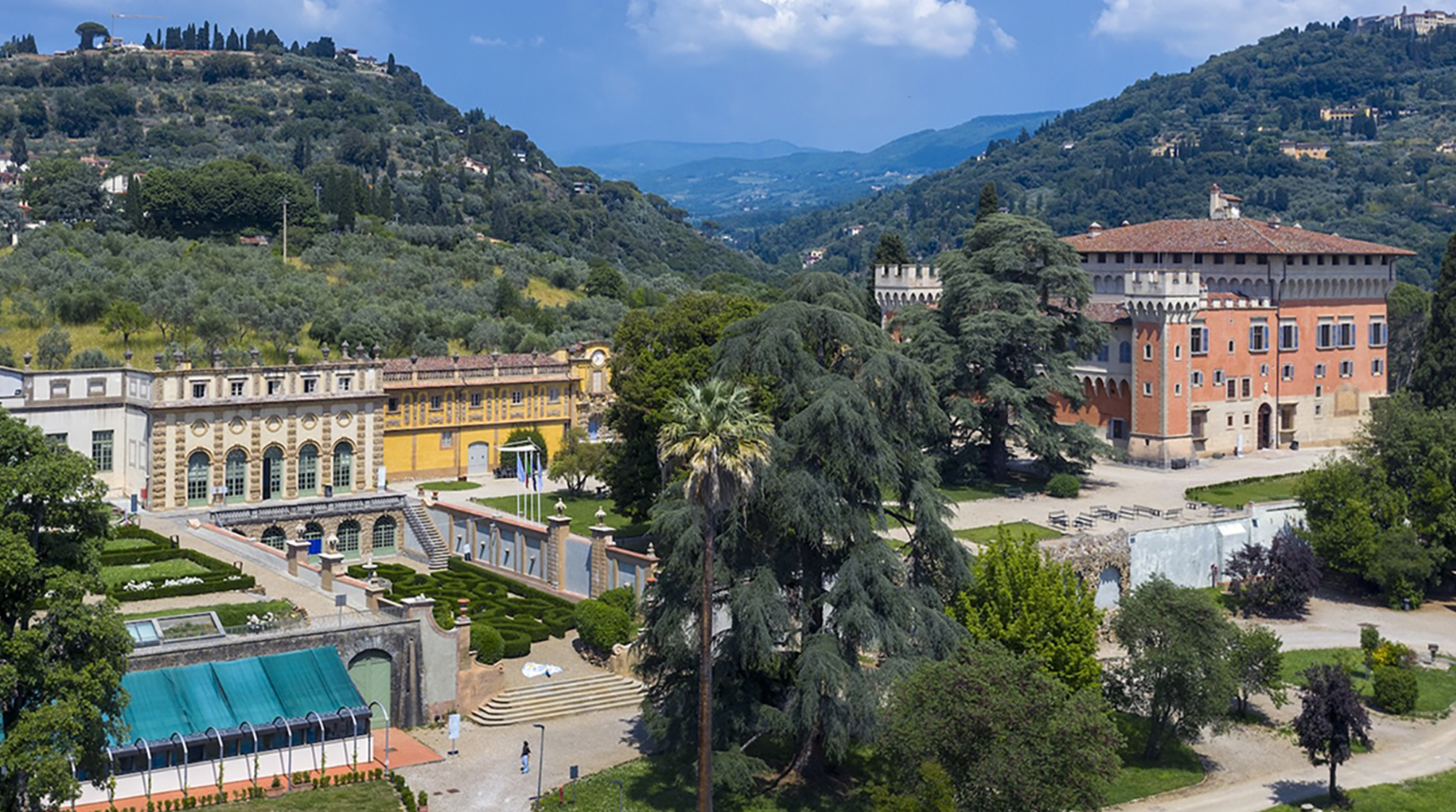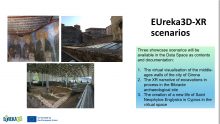A case study of eight Dutch art museums aims to understand whether a diverse scope of exhibitions has an effect on the visitor numbers
Research project of MA students in the Museums in Context course at the Erasmus University Rotterdam, MA Cultural Economics led by professor Trilce Navarrete.
Authors: Ilse Romeijn, Willemijn de Wit and Lotte van den Bergh
All images courtesy of the authors.
The aim of this research is to examine whether a diverse scope of exhibitions has an effect on the visitor numbers of art museums in the Netherlands. A case study of eight Dutch art museums did not indicate a relation. A new method based on ranking various variables was tested.

Stedelijk Museum Amsterdam – photo courtesy of the blog authors
A Wicked Problem
Museums nowadays face challenges in regards to financial pressures from a lack of subsidy and competition from other leisure suppliers, such as theme parks and online entertainment. As competition in the current market for museums is rising, economic viability of museums is becoming more important, as argued by Virto, Lopez and Mondejar. As a consequence, museums focus their efforts on the generation of increased visitor numbers. Simultaneously, previous research reports that museums have become more focused towards diversity within museums due to processes of immigration that have constructed more ethnically diversified societies. In 2007, the International Council of Museum (ICOM) declared museums to be “non-profit, permanent institutions in the service of society and its development, open to the public, which acquires, conserves, researches, communicates and exhibits the tangible and intangible heritage of humanity and its environment for the purposes of education, study and enjoyment.”. Currently, this definition is under revision as museums have become aware of the fact that their current audience is not representative of the broader society. For a museum to serve the whole public, as touched upon in ICOM’s definition of museum, this means that they have to represent a great variety and diversity of cultural products in order to appeal to a wider audience. As part of the Museums in Context course at the Erasmus University Rotterdam, this research explores whether a diversified exhibition programming is somewhat associated with increased visitor numbers. Therefore, this research aims to answer the following research question: “To what extent has a diverse scope of exhibitions an effect on the visitor numbers of art museums in the Netherlands?”.

Centraal Museum Utrecht – photo courtesy of the blog authors
Developing a Ranking System
We took the Netherlands as a case study to gain insights into the level of diversity of exhibition programming in regards to increases in visitor numbers. We have selected eight visual art museums with more than 100.000 annual visitors from different cities. The museums included in our sample are Stedelijk Museum in Amsterdam, Centraal Museum in Utrecht, Boijmans van Beuningen in Rotterdam, Museum de Fundatie in Zwolle, Drents Museum in Assen, Teylers Museum in Haarlem, Van Abbemuseum in Eindhoven en Voorlinden in Wassenaar. In order to gain insights into the level of diversity of these museums, we have studied 159 exhibitions hosted by the museums between 2018 and 2019. In order to define the level of diversity within the exhibition programming of the museums in our sample, research was conducted in regards to five variables: time period, cultural background of the artists, number of artists involved, type of objects at display and exhibition topic (see Table 1).

Table 1 – Variables and categorization
As a first step, for each museum the exhibitions were categorized according to each variable. Second, the level of variety and balance were considered for each of these categories, per variable, as these are considered two dimensions of diversity according to Moreau and Peltier. In order to assess the balance and variety of exhibitions a scale ranging from 1 to 8 was created, with 1 reflecting a low degree of diversity and 8 reflecting a high degree of diversity. Table 2 presents the total level of diversity based on the aforementioned ranking system.

Table 2 – Final ranking of level of diversity within Dutch museums
For each variable, it was measured how a museum scored on diversity relative to the other museums. The results were added up to get the final level of diversity. Therefore, the results give a good impression on how well the selected museums are doing in relation to each other. However, the sample size did not allow us to make statements about the population of Dutch art museums. Nevertheless, the results give an indication on what is going on in terms of diversity supplied by museums. Moreover, we found two limitations concerning the data collection. Firstly, museum Boijmans van Beuningen closed in 2019 which caused complications in interpreting the results. Secondly, museums Voorlinden and Boijmans van Beuningen only publish average visitor numbers, not on a yearly basis.

Teylers Museum Haarlem – photo courtesy of the blog authors
The Outcome
There are several key findings that have resulted from our data set. In terms of number of exhibitions hosted by the museum in our sample, results show that Boijmans van Beuningen has hosted more exhibitions in 2018 compared to other museums. Following Boijmans van Beuningen in terms of number of exhibitions Stedelijk Museum Amsterdam, Drents Museum and Van Abbemuseum. These three museums have also organized more exhibitions relative to other museums in 2019. As Boijmans van Beuningen and Stedelijk Museum have many exhibition halls, this will likely result in a high number of exhibitions. As every exhibition tells a different story, a higher number of exhibitions can lead to a more diverse offer of exhibitions.

Table 3 – Museum variables
Our ranking method gave us insight in the degree of diversity of their exhibitions in relation to the other museums. Table 4 shows the degree of diversity of the eight museums for two years. From the graph, we see that Boijmans van Beuningen, Stedelijk Museum and Van Abbemuseum score best in our research. According to our data, Teylers Museum is the least diverse in their exhibitions. In addition, we do not see major changes of museums between 2018 and 2019: the diversity of the exhibitions is quite stable.
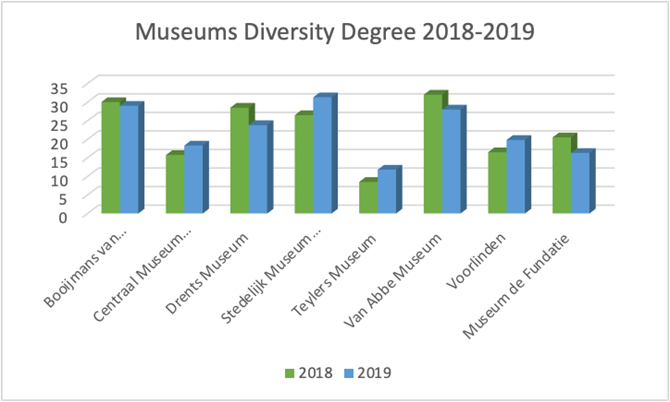
Table 4 – Degree of diversity of the museum exhibitions for 2018 and 2019
If we look more closely at the diversity scores of the museums, we have seen that Voorlinden does not score high on all variables except for the balance between western and non-Western artists (see table 5). From this, we conclude that Voorlinden is diverse in their producer diversity (cultural background, solo/group) but not in their product diversity (time period, categories and objects), as argued by Ranaivoson. This can be explained by the fact that the museum is specialized in modern and contemporary art. Therefore, it is likely that they score low in terms of categories and time periods. Boijmans van Beuningen, on the other hand, scores best in the final ranking and in terms of number of exhibits but did not score high on the balance between western and non-Western artists (see table 5). This means they have a great diversity within their products but limited producer diversity.
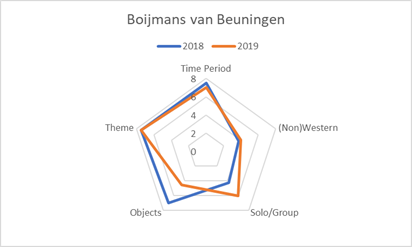
Table 5a – Diversity across variables comparing Boijmans and Voorlinden
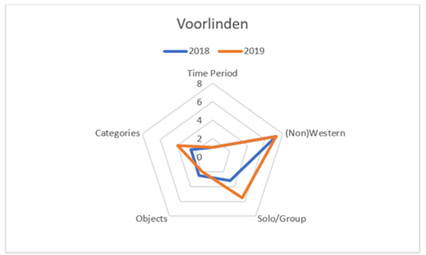
Table 5b – Diversity across variables comparing Boijmans and Voorlinden
The second step of our research was to connect the diversity degree to the annual visitor numbers of the museums in our sample. We put the museum sample in a scatterplot to see if there was a possibility that the two variables correlated. From the scatterplots, there is no clear correlation. The scatterplot from 2019 does hint to a positive correlation. To test if this is significant, a regression analysis can be carried out. However, diversity of exhibitions is not the only potential cause for a higher visitor number. This means we would need more variables and data from more museums.
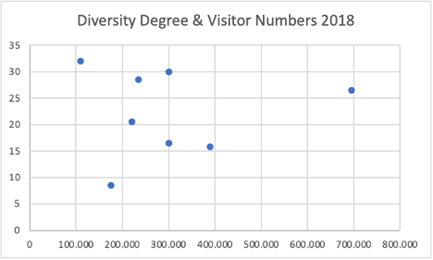
Tables 6 and 7 – The degree of diversity in relation to the visitor numbers of 2018 and 2019
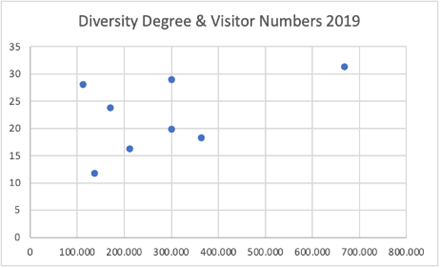
Tables 6 and 7 – The degree of diversity in relation to the visitor numbers of 2018 and 2019
More exhibitions resulting in more diversity
As a final conclusion, we found that diversity of exhibitions does not have an identifiable effect on museum visitor numbers. In contrast to our assumption that a diverse offer of exhibitions leads to increased audiences, our research shows that this assumption does not uphold. As this research solely focuses on the effect of supplied diversity on visitor numbers, future research can be done on how supplied diversity influences consumer diversity in terms of demographics, such as age and cultural background. Alternatively, we argue that the number of exhibitions has a positive effect on the level of diversity. For the museums in our sample that hosted most exhibitions in 2018 and 2019, a higher level of diversity was identified. As all exhibitions are unique and in essence differ from other exhibitions, this explains why a greater number of exhibitions results in a more diversified exhibition program.
In order for museums to monitor and evaluate their level of diversity, we recommend to focus on independent performance indicators as done in this research; these are indicators associated with specific variables of interest as defined by the individual museum. As diversity is a multi-dimensional concept, we expect that the level of diversity can more easily be measured when museums independently choose the various aspects for which they want to monitor the level of diversity. Based on these results, museums are able to define their focus in terms of diversity and the type of strategies that should be employed in order to arrive at higher levels of diversity, specific to their museum and its activities.
References
Link to data sprint
Ang, I. (2018). Museums and cultural diversity: A persistent challenge. In The Routledge Handbook of Museums, Media and Communication (pp. 315-328). Routledge.
ICOM. (2021, September 1). Museum Definition. International Council of Museums. Retrieved 29 March 2022, from https://icom.museum/en/resources/standards- guidelines/museum- definition/
Virto, N. R., López, M. F. B. & Mondejar, J. A. (2021). Willingness to Pay More: The Quest for Superstar Museums. Academica Turistica-Tourism and Innovation Journal, 14(1).
 UNCHARTED recently published the second of three policy briefs aimed at policy makers who have an interest in formulating or influencing policies about future research and valuating culture.
UNCHARTED recently published the second of three policy briefs aimed at policy makers who have an interest in formulating or influencing policies about future research and valuating culture.


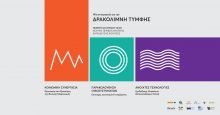
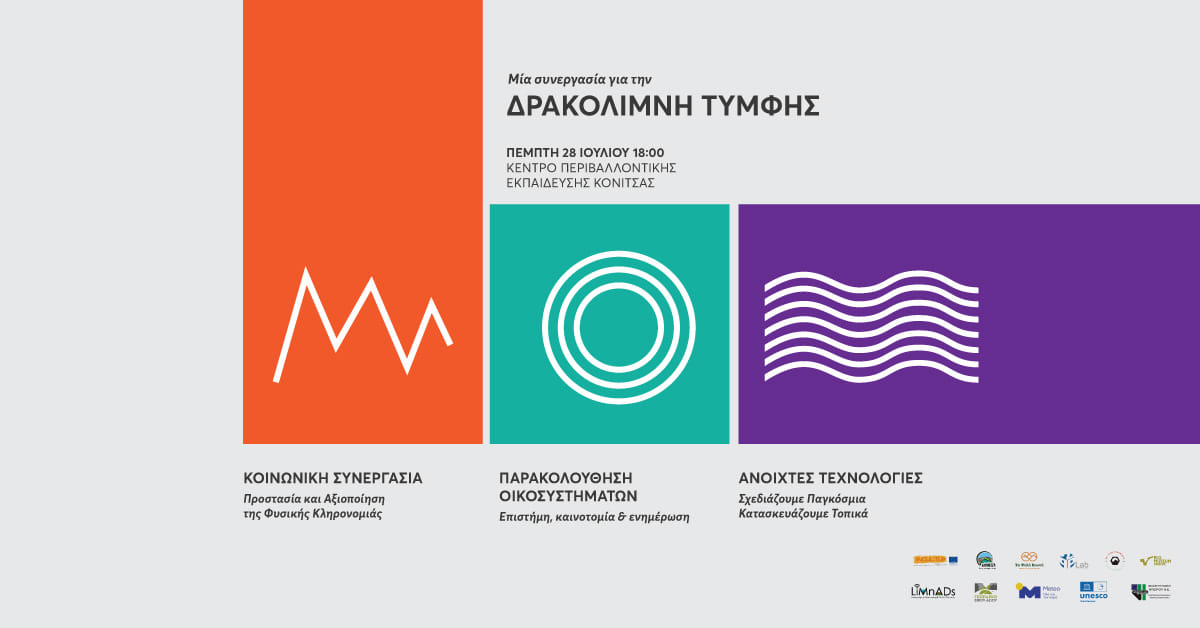













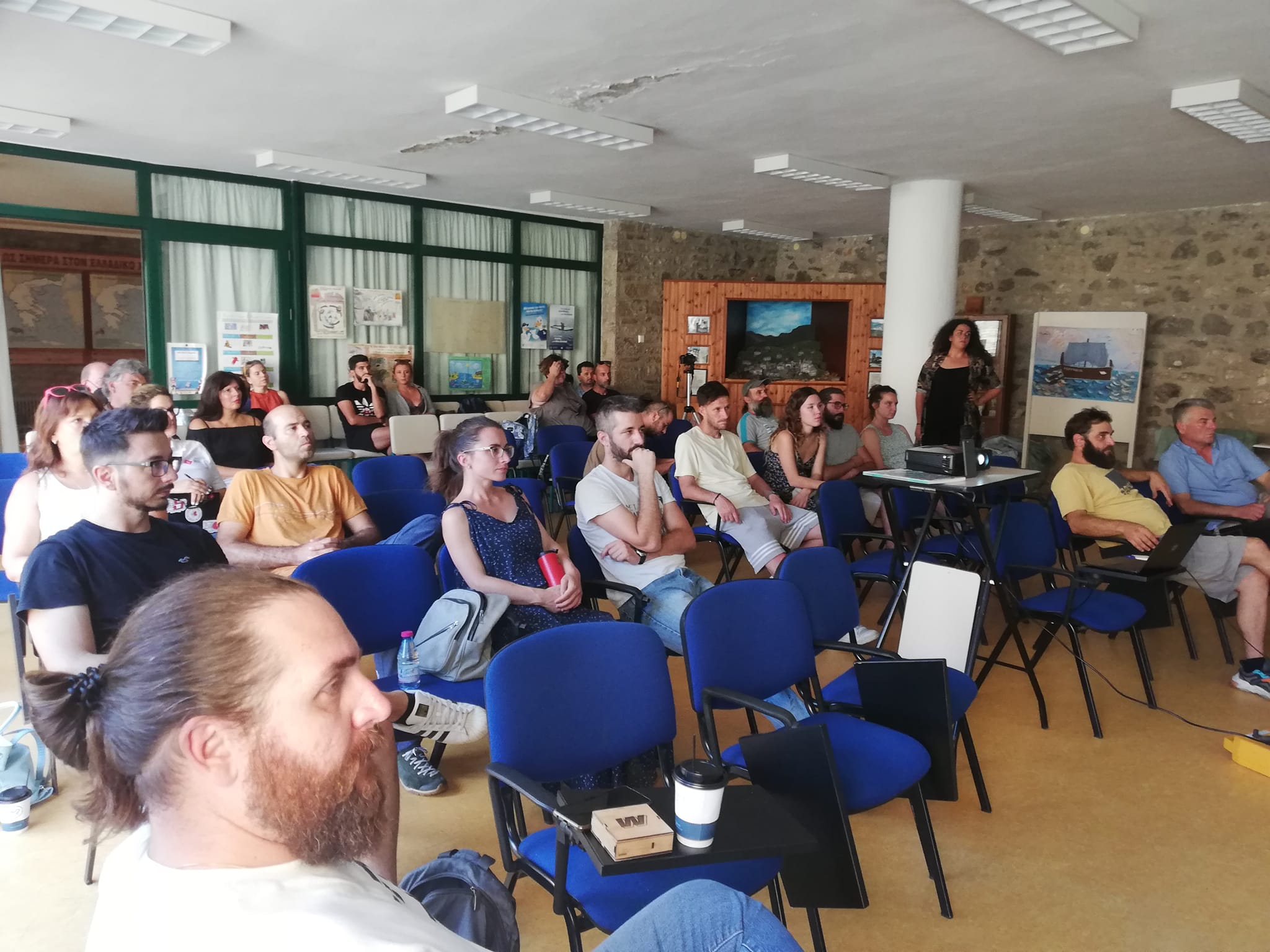
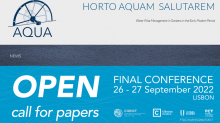
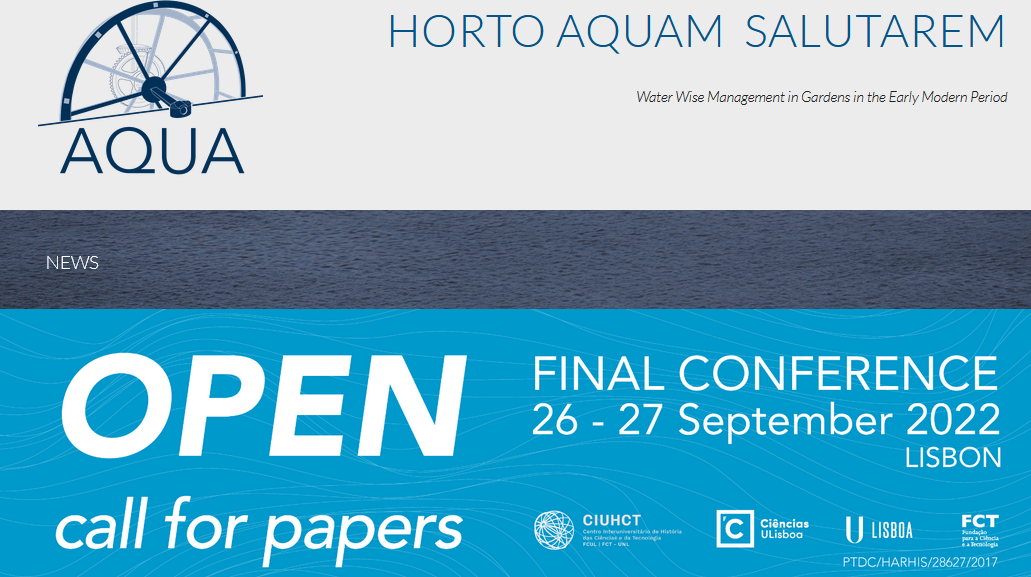
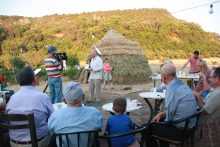
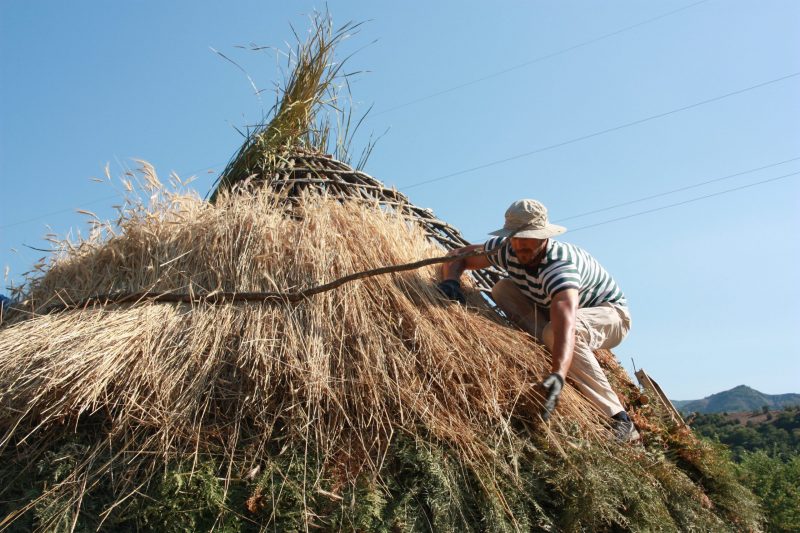 text and images by Egla Serjani, CeRPHAAL
text and images by Egla Serjani, CeRPHAAL















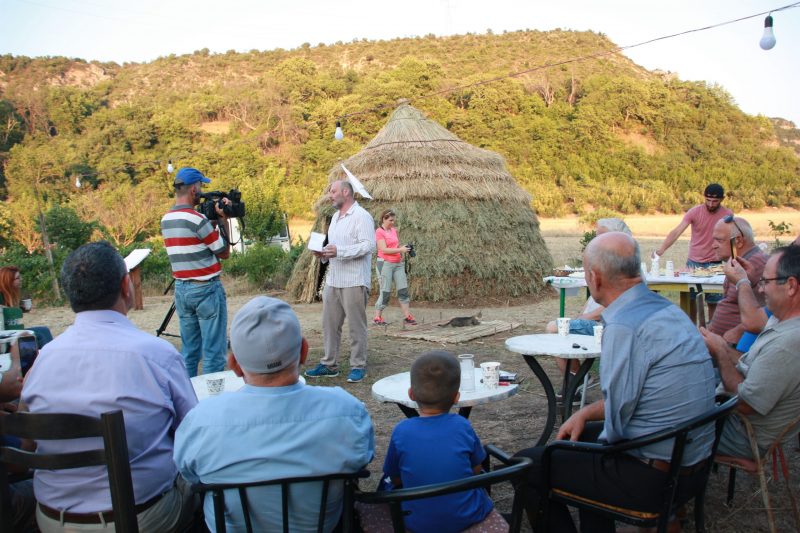 To help visitors understand more about the history of the Vlachs, an interpretation panel was designed, containing information in both Albanian and English, along with historical pictures of Vlachs people and their seasonal settlements, as well as a map of their seasonal movement showing their track towards upland summer pastures. The panel also contains QR code generators, including that of Vlachs historical route, previously tracked and documented by CeRPHAAL team and uploaded in
To help visitors understand more about the history of the Vlachs, an interpretation panel was designed, containing information in both Albanian and English, along with historical pictures of Vlachs people and their seasonal settlements, as well as a map of their seasonal movement showing their track towards upland summer pastures. The panel also contains QR code generators, including that of Vlachs historical route, previously tracked and documented by CeRPHAAL team and uploaded in 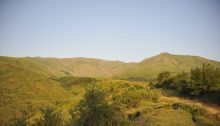
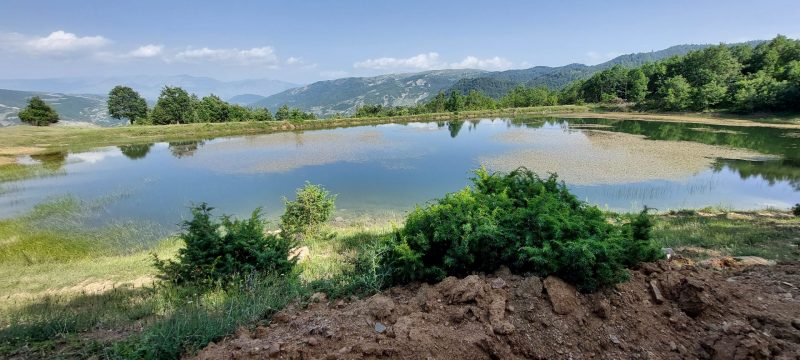













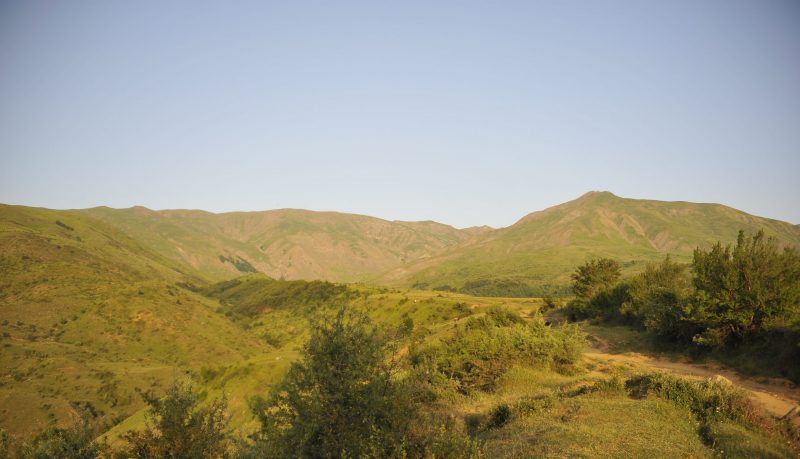
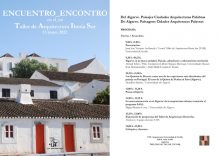
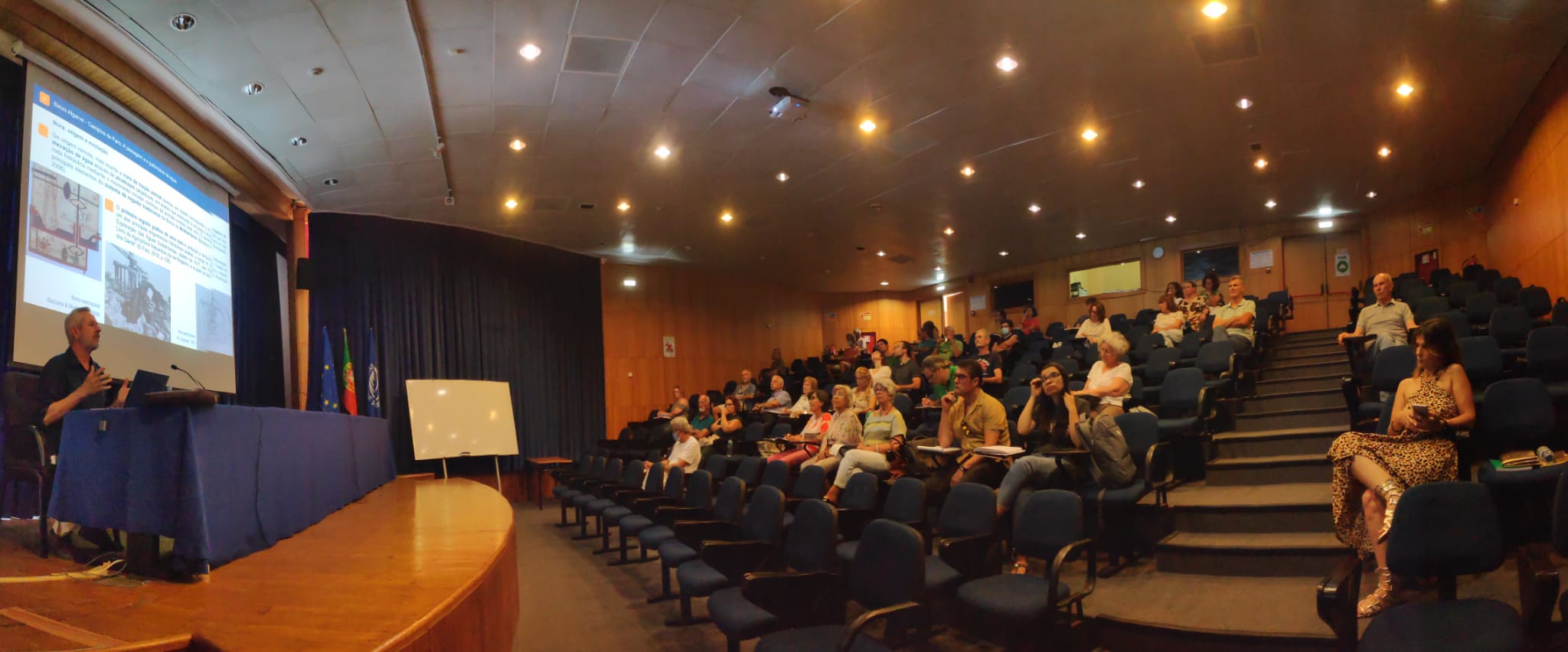
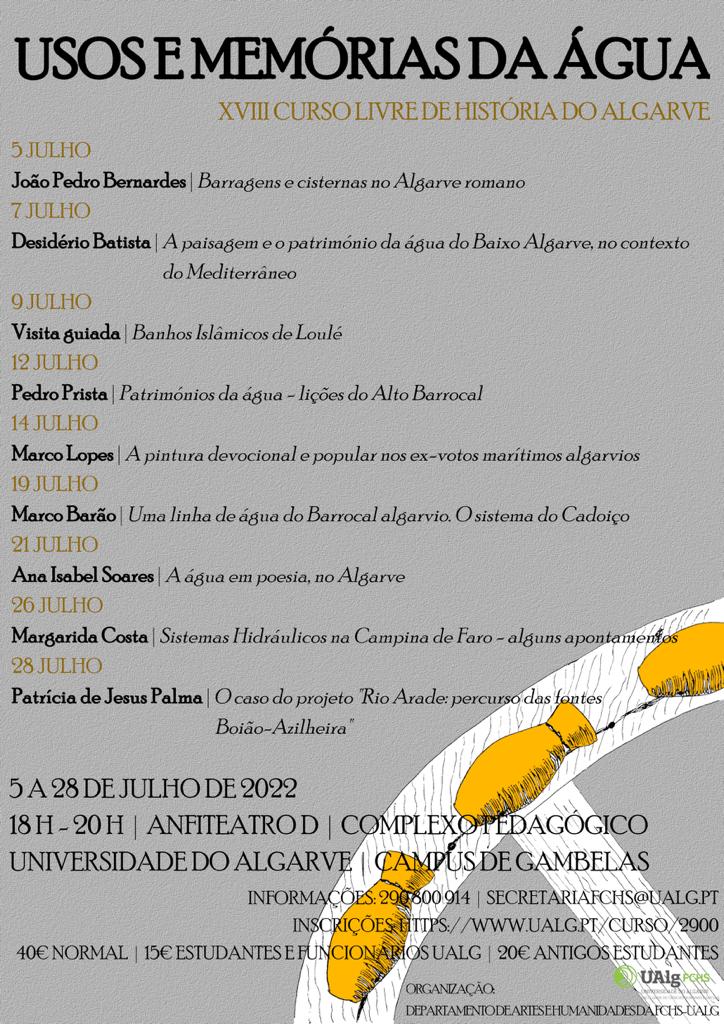
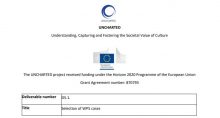
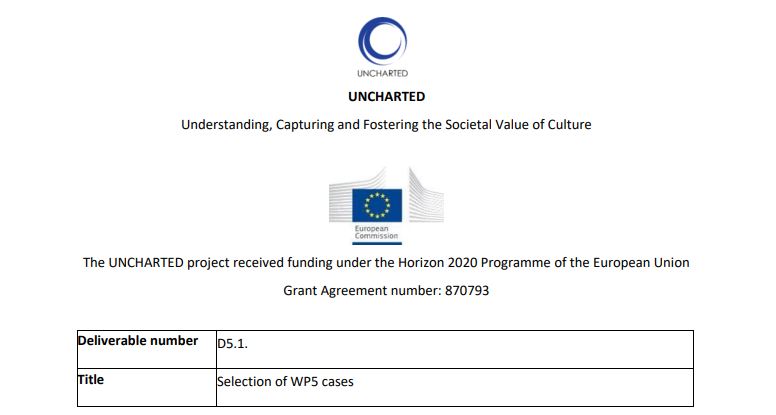 The objective of
The objective of 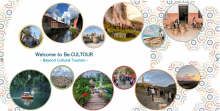
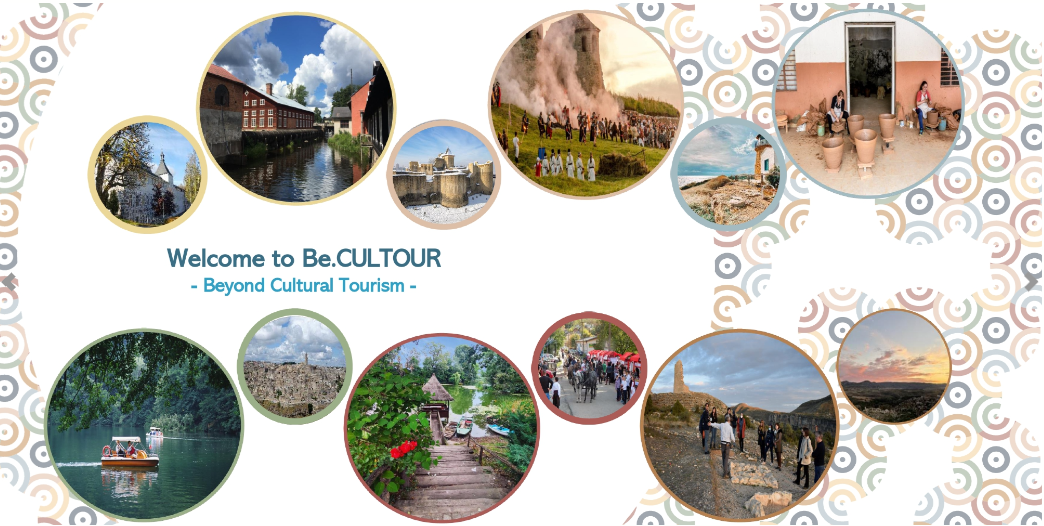

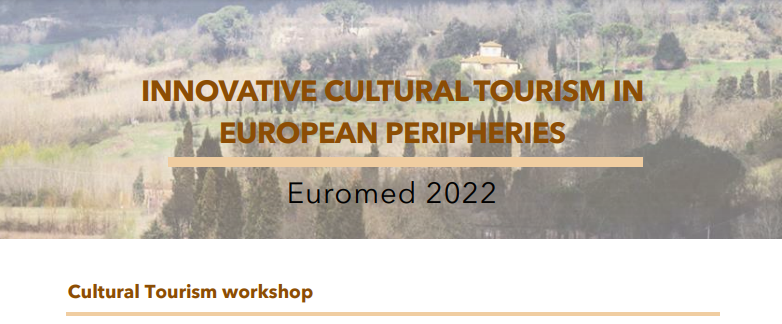
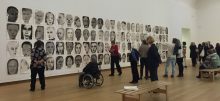











 If you have interesting news and events to point out in the field of digital cultural heritage, we are waiting for your contribution.
If you have interesting news and events to point out in the field of digital cultural heritage, we are waiting for your contribution.





